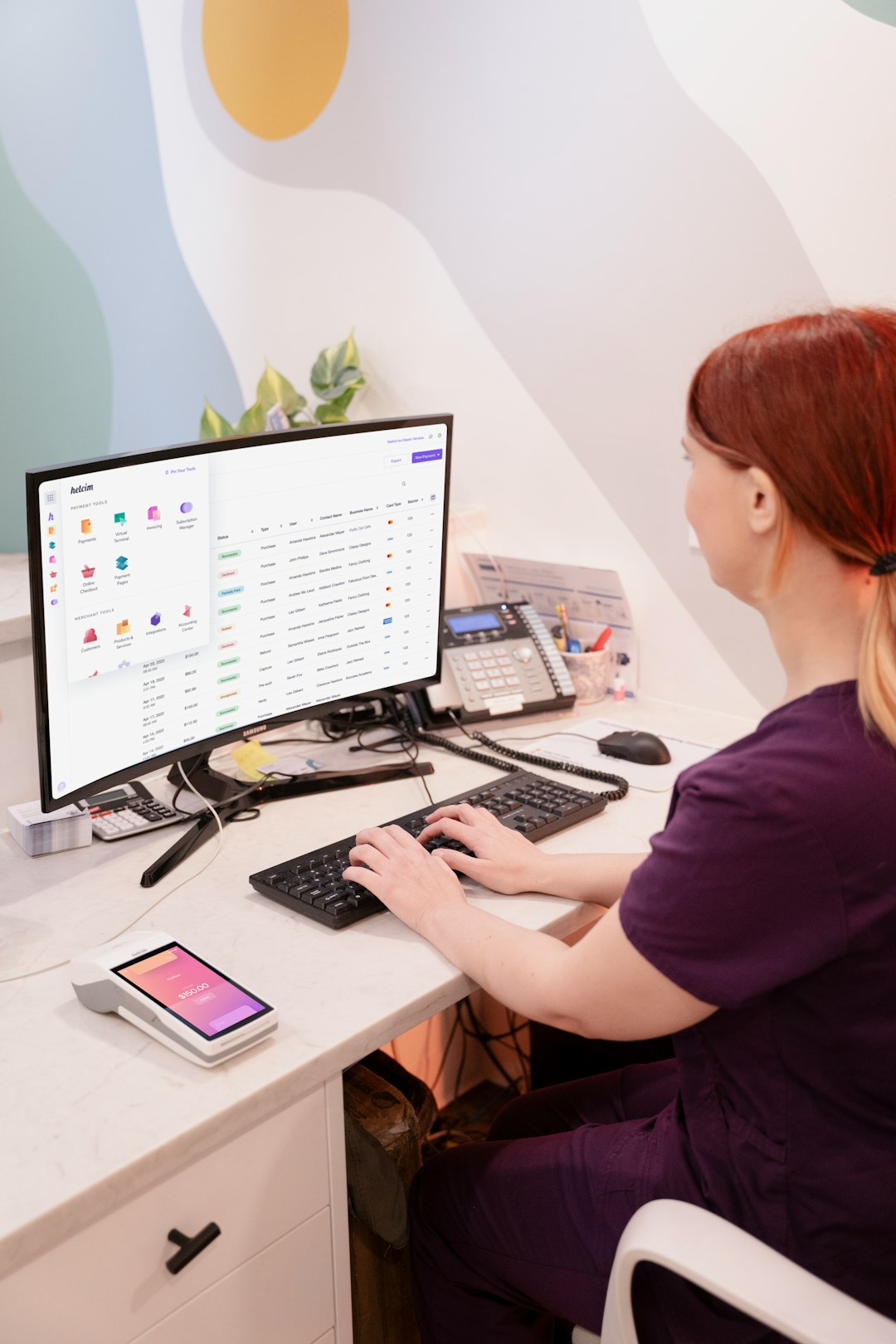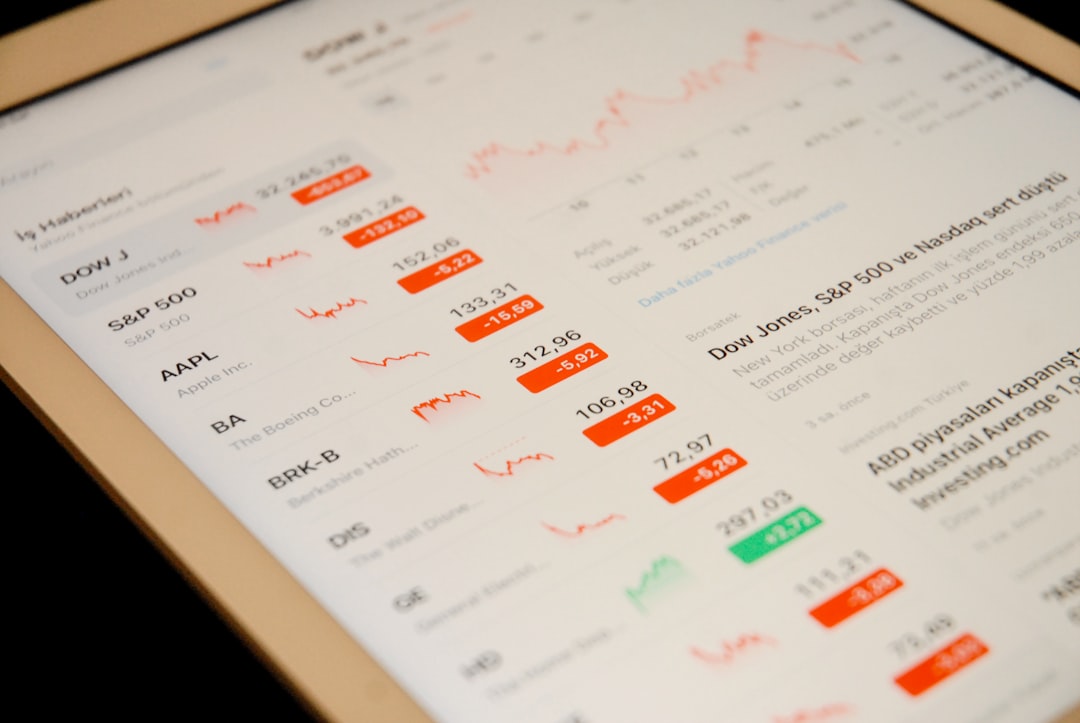Running one online store is fun. Running more than one? Now that’s a real challenge. Juggling inventory, orders, customer questions, and reports across multiple platforms can feel like a circus act without a net. But guess what? There are tools out there that make it way easier (and a lot less stressful).
In this article, we’ll peek into the best ecommerce tools for managing multiple stores. Whether you’re on Shopify, WooCommerce, BigCommerce—or mixing them up—you’ll find a tool that fits like a glove.
Why You Need Multistore Management Tools
Imagine trying to brush your teeth, answer emails, and tie your shoelaces all at the same time. That’s what running multiple stores feels like… without help.
Here’s what these tools can help you do:
- Manage products across stores from one central dashboard
- Sync inventory in real-time
- Track all your orders in one place
- Get better reports and insights
- Save time and keep sane

The Best Ecommerce Tools for Multiple Stores
1. LitCommerce
LitCommerce is a multichannel listing tool that connects with platforms like Shopify, WooCommerce, Etsy, Amazon, and eBay.
Best Features:
- Bulk listing management
- Inventory sync across channels
- Easy setup and clean interface
Great for: Sellers who want to easily expand to marketplaces without losing track of things.
2. Sellbrite
Sellbrite is a favorite among merchants using multiple sales channels. It’s super handy with platforms like BigCommerce, Amazon, Walmart, and others.
Best Features:
- Centralized product management
- Smart inventory control
- Automated order routing
Great for: Those who need a tight grip on their inventory and want clean reporting tools.
3. Orderhive
If you need to get serious with logistics, Orderhive is your buddy. This tool integrates with big channels and handles everything from purchase orders to shipping.
Best Features:
- Warehouse management tools
- Real-time inventory updates
- Shipment tracking
Great for: Sellers with heavy inventory needs or who operate across multiple warehouses.
4. Zentail
Zentail is all about smarter multichannel listing. If you hate repetitive tasks (who doesn’t?), you’ll love their automation features.
Best Features:
- AI-powered automation for listings
- Multichannel analytics
- Fast bulk editing tools
Great for: Tech-savvy sellers who thrive with automation.
5. Multiorders
This one’s designed specifically for merchants managing many stores. It connects with Shopify, WooCommerce, Etsy, Amazon, and more.
Best Features:
- All-in-one dashboard
- Simple integration process
- Label printing and shipping tools
Great for: Small to medium businesses looking for a cost-effective tool that handles it all.
Image not found in postmeta
Tips for Choosing the Right Tool
Alright, so you’ve seen the options. But how do you pick the best one for your business?
Here are a few simple tips:
- Compatibility: Make sure it works with all your sales platforms.
- Ease of Use: The simpler, the better. No one likes a complicated dashboard.
- Scalability: Think about future growth. Will this tool grow with you?
- Customer Support: You’ll need help sometimes. Make sure support is responsive.
- Price: Compare features to value. Cheap doesn’t always mean good.
Don’t Let Your Stores Run You!
Managing multiple ecommerce stores can be fun—if you’ve got the right tools. The right software gives you control, clarity, and confidence.
Pick a tool that fits your business like a comfy hoodie. Try a few demos. Read some reviews. Then go tame those online stores like the ecommerce rockstar you are!
Image not found in postmeta
